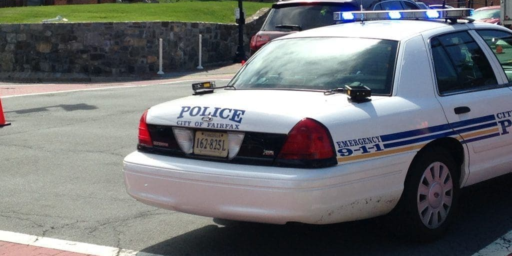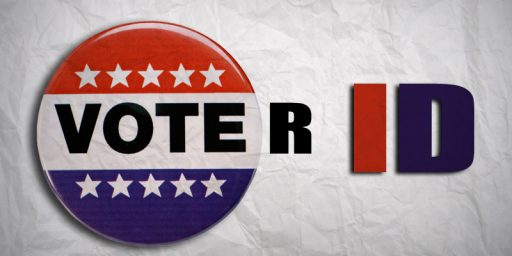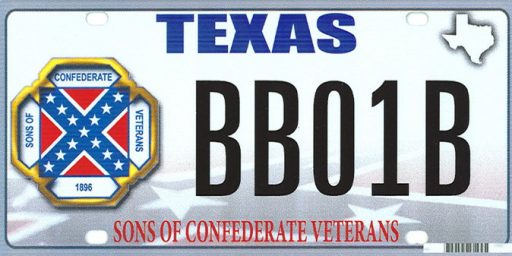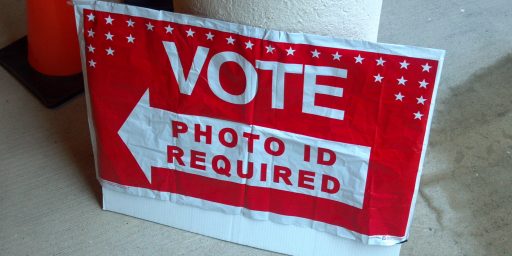Virginia Voter ID Law Gets Justice Department Approval
The Justice Department has approved Virginia's completely useless voter ID law.
The Justice Department has approved Virginia’s completely useless voter ID law.
TPMMuckraker (“Justice Department Approves Va. Voter ID Law“):
The Justice Department approved changes to Virginia’s voter ID law Monday, suggesting there is a way forward for such laws — even in states that must have election laws pre-cleared under Section 5 of the Voting Rights Act — so long as they’re written in a way the federal government will sign off on.
Unlike voter ID laws passed in South Carolina and Texas (both of which have been opposed by the Justice Department under President Obama), Virginia’s voter ID law allows voters do show a wide range of types of identification to cast a ballot. The law, labeled a “strict non-photo identification law” by the National Conference of State Legislatures, OKs types of identification more likely to be held by voters who lack a state-issued photo ID.
“Unlike other voter ID laws that the department has challenged in recent months, the Virginia law does not require a photo identification,” Justice Department spokeswoman Nanda Chitre said in a statement.
“Instead, this law actually expands the types of identifications voters may use at the polls, and the state is required to mail to all registered voters a voter card prior to the general election, which voters can use to vote, removing the burden of travel on many residents to obtain the necessary documentation,” she said.
Under current law, voters can show a Virginia voter registration card, Social Security card, Virginia driver’s license, a state or federally issued ID or an employee identification card containing a photograph. Any of those forms of ID will still be accepted, but the new law also allows voters to show a Virginia university-issued ID card, a utility bill, bank statement, government check, a paycheck that shows the name and address of the voter or a concealed handgun permit.
The law adds several different types of documents to the list of accepted forms of ID, but it also ends a voter’s ability to sign an affidavit attesting to his or her identity and cast a normal ballot.
As a Virginia resident, I’ve been required to present identification the last several times I’ve voted. Since I drive to the polls, and pretty much everywhere else, that’s never been a problem for me: I carry a driver’s license with me as a matter of course. The Commonwealth does mail a voter registration card, which is just printed on somewhat heavy stock paper, every cycle, too. I throw it in my desk drawer but never carry it with me; I didn’t even realize it would serve as “identification.”
All of the forms of ID included in this law suffice for voter registration, too, so it makes some sense that they’re acceptable at the polls. But it’s unclear what purpose they serve. How hard is it to get a copy of someone’s utility bill or bank statement? Aside from slowing down the process of voting—or, alternatively, giving people something to do while they wait—there’s no obvious benefit to this practice.





of course it’s useless, that’s why the justice dept. approved it.
So, the ID requirements in Virginia are too loose to be useful, and the ID requirements in Texas are too strict to be fair. So there’s no value in requiring prospective voters to present evidence, beyond their word, they they are indeed who they say they are.
@Boyd: Essentially, no. There’s just no evidence that the sort of voter fraud that could be prevented with photo ID—much less a copy of a water bill—exists. It wouldn’t be worth standing in line that many times, much less the risk of going to prison, to fraudulently vote a few times. For voter fraud to be useful, it needs to be done on a mass level—which means registration or absentee ballot fraud on the front end or rigging the counting on the back end. ID cards won’t stop any of those.